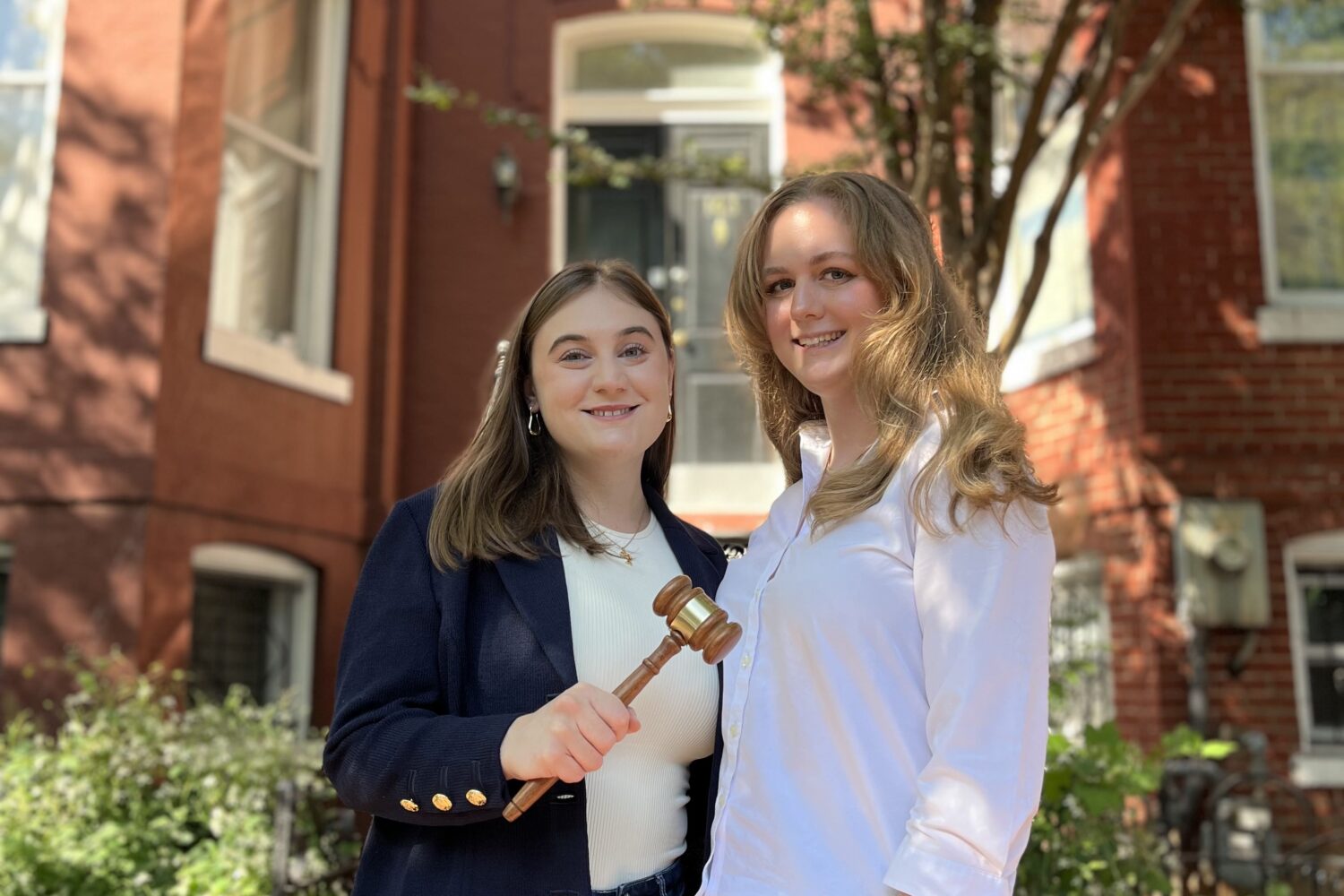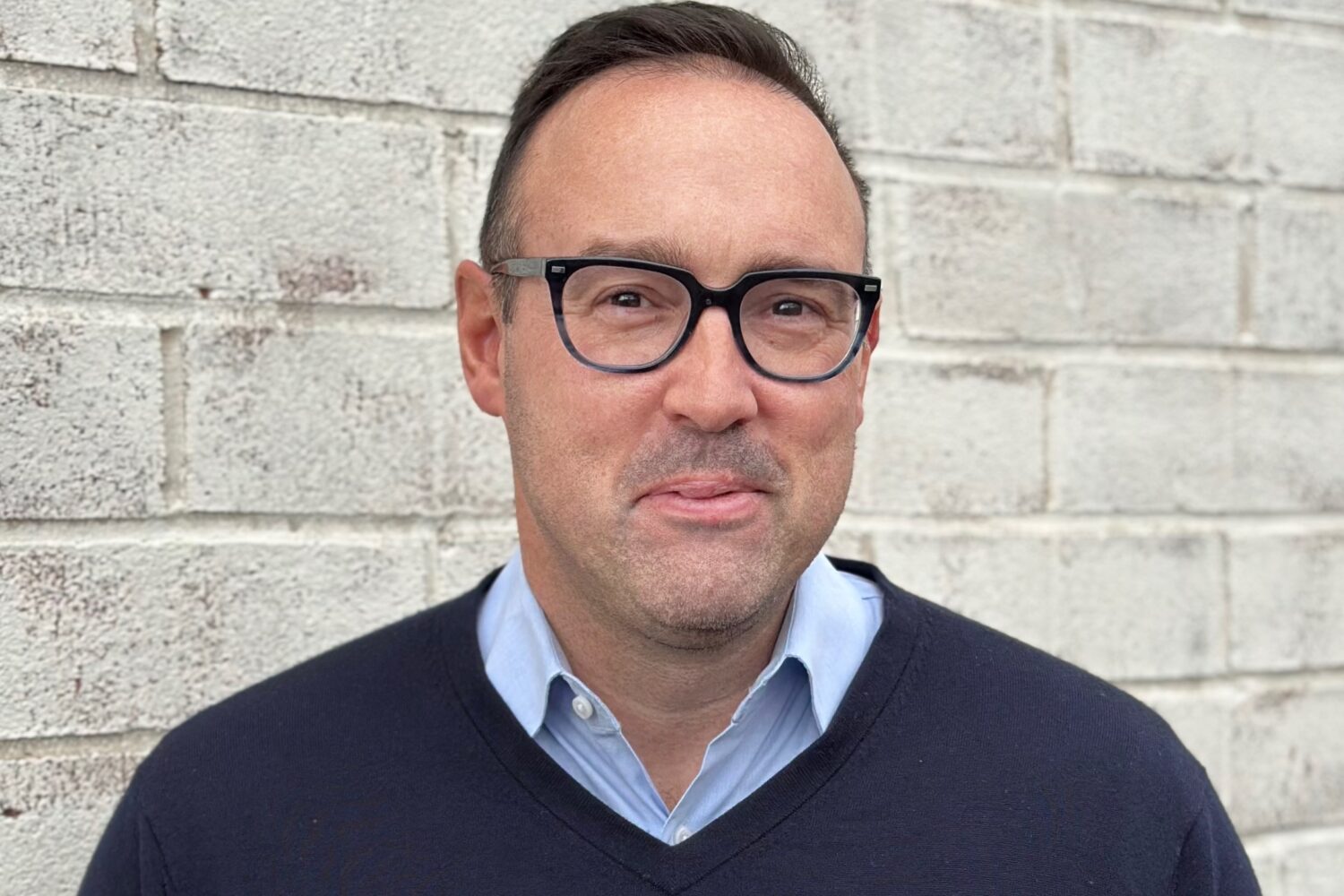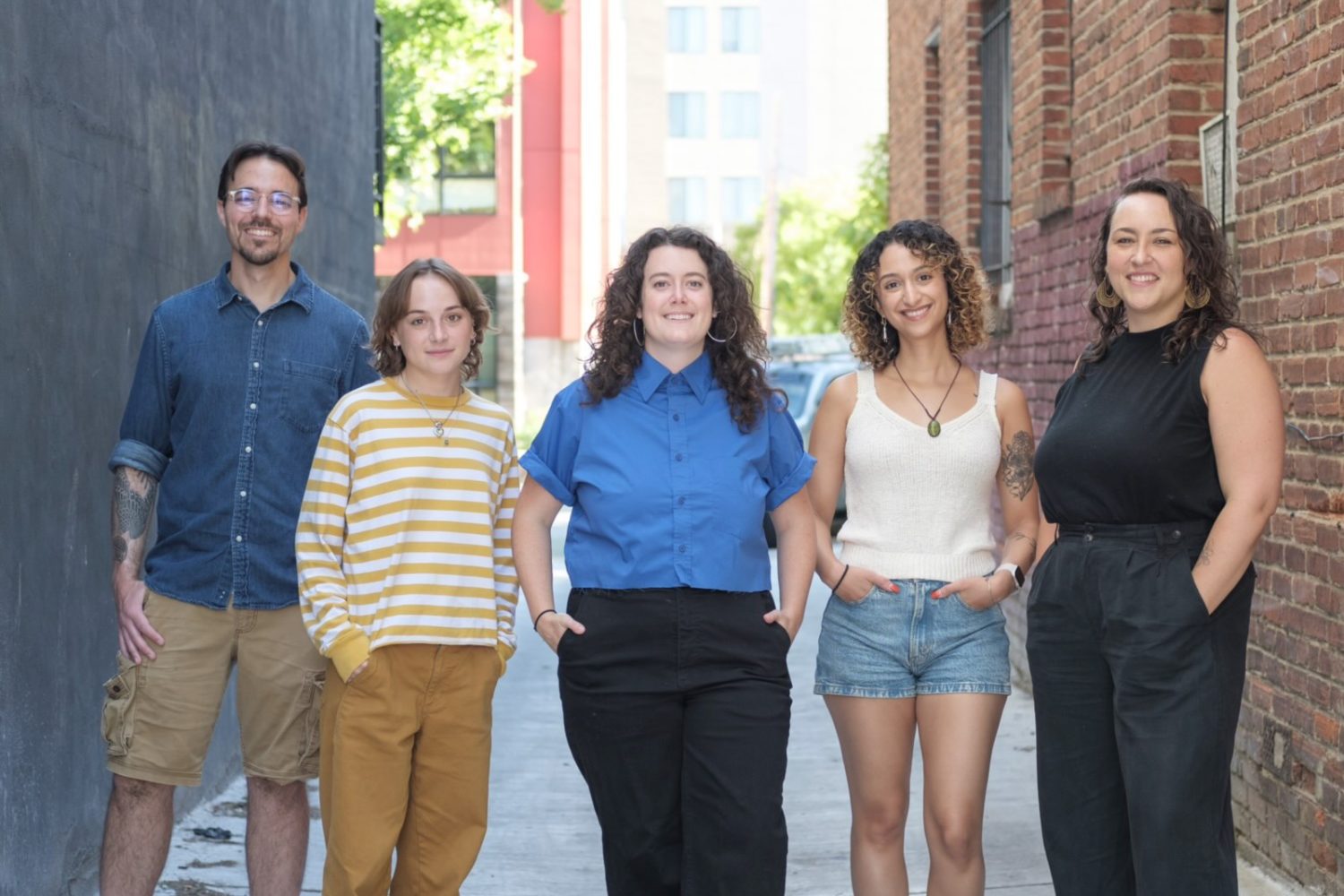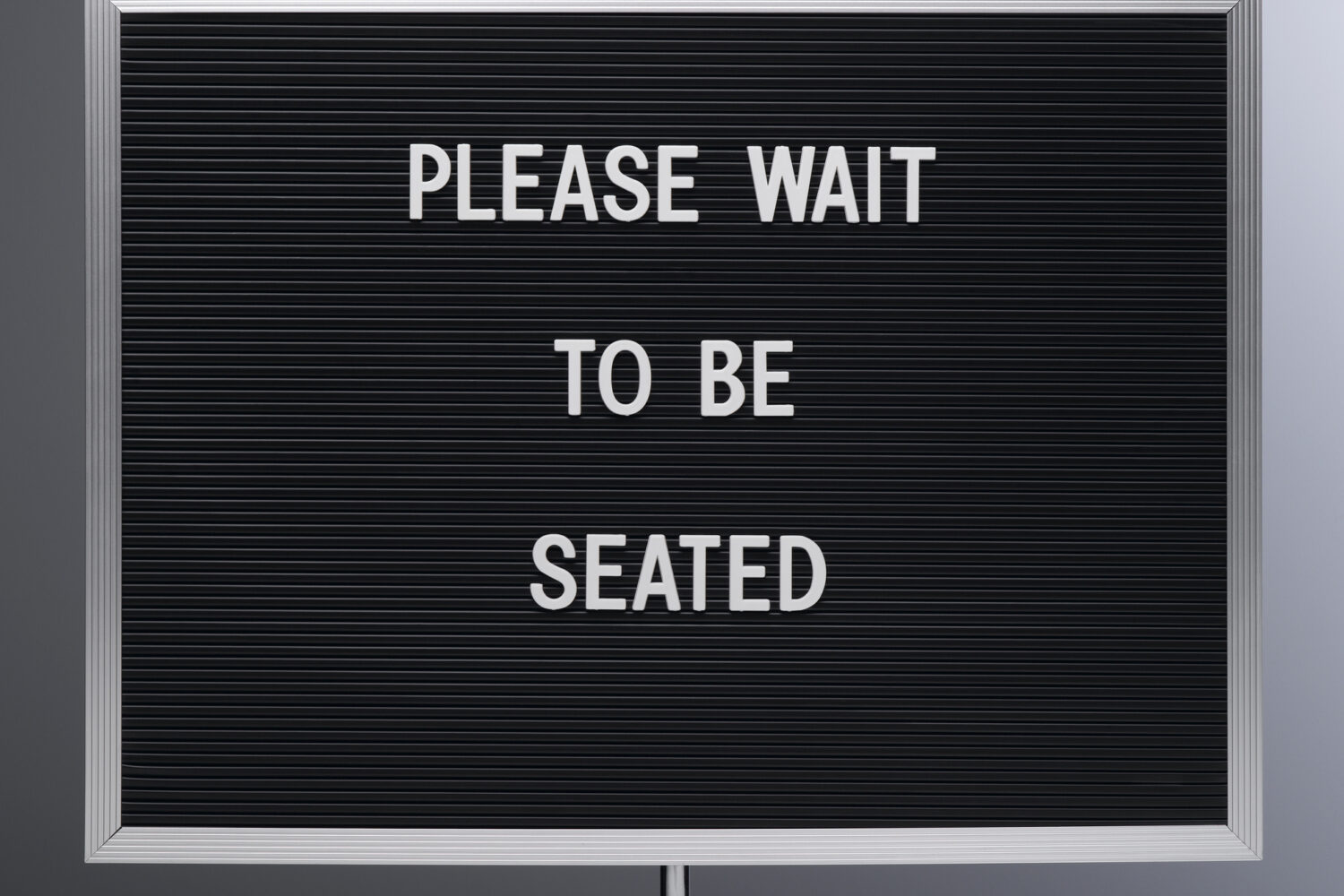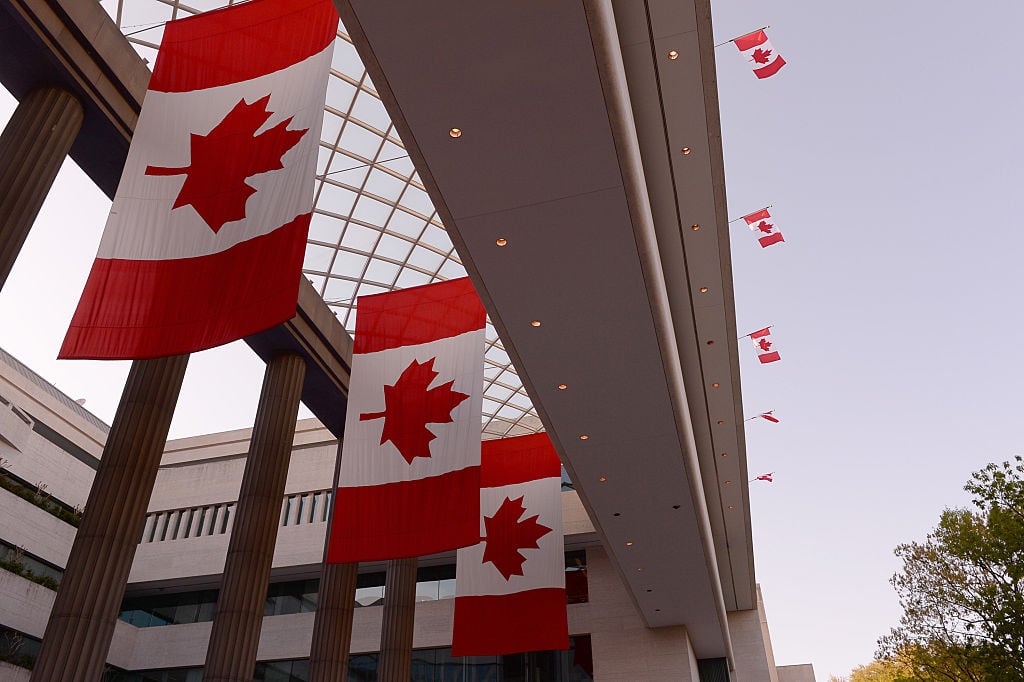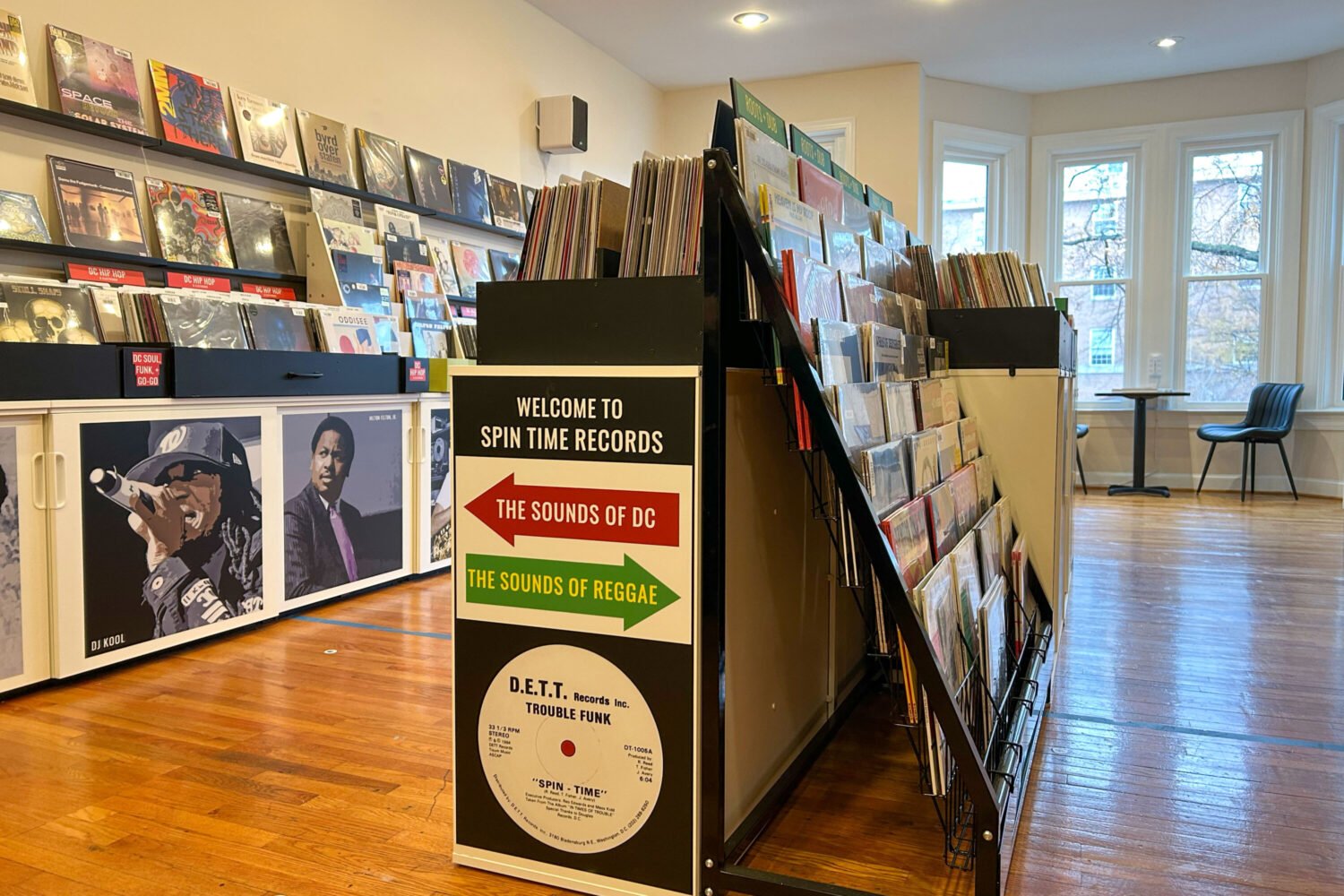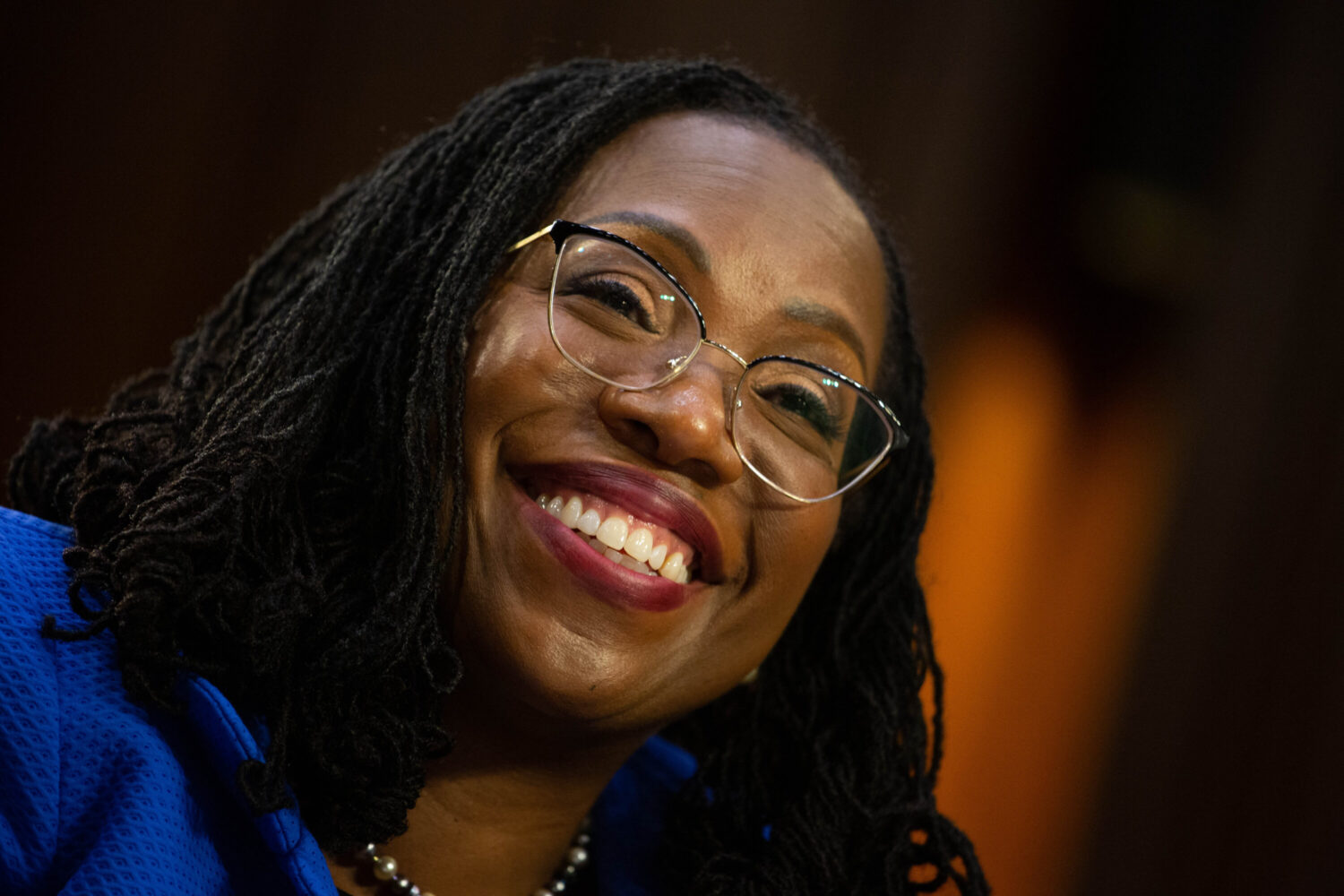Last month, All Things Considered host Kelly McEvers stepped away from the sunny confines of NPR West in Culver City, California, for a jaunt to South Sudan. It’s not the first time McEvers had slipped back into her foreign-correspondent role since taking an anchor job at NPR’s daily afternoon newscast.
McEvers and Jason Beaubien reported back two stories about the young, war-ravaged nation for All Things Considered, but they weren’t just on a two-week expedition for a couple of daily dispatches. The trip also included a five-day residency at a Doctors Without Borders hospital in South Sudan’s largest refugee camp.
Radio listeners didn’t hear about the hospital, but it will be the subject of an episode of McEvers’s new podcast, Embedded, which debuts March 31. The podcast is NPR’s latest attempt to take a bite of the recent popularity of long-form reporting in portable audio form raised up by other programs, especially Serial.
“The tagline is, ‘We take a story from the news and we go deep,’ ” McEvers says. “A headline you might have seen—something that made us really curious—and then we go to that place and embed ourselves in a place until we’ve figured it out.”
Unlike Serial, which slowly unpacks one story over many chapters, Embedded will hit one topic per episode. The first batch of podcasts will tackle subjects like the last year’s shootout in Waco, Texas, between dueling biker gangs and the police; a violent gang war in El Salvador; the making of a negative campaign ad; and the writers’ room for TBS’ Samantha Bee-hosted talk show Full Frontal. The first episode covers an HIV outbreak in rural Indiana that flared up last spring.
“You read a headline, you say, ‘Wow, how could there be an HIV outbreak in the United States of America in 2015?’ ” McEvers says. “And the newspaper tells you it’s because people are sharing needles. How could people be sharing needles in the United States in 2015?”
NPR did some reporting on the outbreak last year, but the stories were short bursts that tended to focus on government officials and clinical experts. Embedded unpacked the outbreak by spending six days inside a house with people addicted to Opana, an opiate painkiller that, especially in rural communities, has become a widely abused prescription medication. The episode, a clip of which NPR allowed Washingtonian to preview, will contain the voices and noises of the house along with McEvers’s narration.
“So we’re in the living room and the center of activity is this L-shaped couch,” McEvers says in the podcast to set the scene in Indiana. “A lot of people are milling around, getting Kool-Aid in these big styrofoam cups. I want to understand how they inject this drug that’s supposed to be resistant to abuse.”
In her interview with Washingtonian, McEvers hopes that one of the first thing listeners notice about Embedded is the way she and other reporters plan to narrate the podcast—in the first-person and acknowledging their own processes and curiosities on tape. Besides the reporting, Embedded also aims to remind listeners that journalists can be humans, too. That’s where Embedded departs from traditional radio features one might hear on All Things Considered and steps toward Serial‘s format, where the reporter is a fuller participant in the story.
“You don’t always hear NPR reporters talking about how they feel, just because we have to be a little more authoritative for our news show,” McEvers says. “You don’t hear us in the car muttering over, like, ‘OK trying to get embedded with biker gangs—not actually easy in Texas.’ The version of that story you’re going to hear on All Things Considered, you’re not going to hear any of the getting there, the making of. The podcast, you will.”
As much as it prizes its flagship broadcast programs, podcasting is a big business at NPR. The network counts 2.8 million unique listeners to its podcasts each week. And like NPR’s other big, recent podcast launches—Invisibilia and Hidden Brain—Embedded will be able to be adapted for the radio dial. Shorter versions of some episodes will appear as All Things Considered features, and NPR will also partner with Boston member station WBUR on a five-episode spinoff discussing Embedded episodes.
NPR hopes Embedded will show off long-form reporting that’s produced almost entirely in the field, something that has been diminishing on the daily news shows in recent years. These days, the longest All Things Considered stories run between eight and 11 minutes, but stories of that length are rare—the longer of McEvers’s two recent South Sudan reports clocked in at 5 minutes 45 seconds.
“People’s listening habits are completely different from when Danny Zwerdling was doing those 20-minute pieces,” McEvers says. “Audiences have about 50 other choices of things they can listen to, watch, read while they’re consuming the news.”
But the field production is crucial. The most popular podcasts devoted to long-form reporting, like This American Life, often tell their stories after the fact or with a host and reporter talking it through in the studio. Studio-only shows can take deeper treks into history, but McEvers prefers to be out in the world.
“[This American Life producer] Sean Cole recently did this fantastic piece about the peace process in Colombia,” McEvers says. “It was a really interesting piece about how an ad agency helped bring about the peace process. He used wonderful words and language to create a picture in my mind. But it was all in the studio. If someone pitched that to me I’d say ‘OK, let’s go to Colombia and see how it worked.’ Now this is something that happened years ago so maybe we wouldn’t go do that story at all. Our thing is taking something that’s happening now and we’re going into it and seeing how it’s playing out.”
It’s not just the reporting, though. Embedded is meant to present NPR correspondents in a more personal light than their day jobs do. But McEvers says she’s pushed that line before.
“When I was in the Middle East I sort of broke the cardinal rule from the beginning that reporters aren’t supposed to be on tape,” she says. “That was sort of the old-school, unwritten rule of foreign reporters at NPR. You don’t say the word ‘I,’ you don’t put yourself on tape, and I just sort of did it anyway. Not because I think the story is about me, but because I always felt like I was being a stand-in for the listener.”
Audiences today seem to crave that approach; one needs only to listen to Serial‘s Koenig verbalize her thought process as she sifts through court documents or military records. Even when they’ve been inadvertent, NPR reporters’ human moments can linger in listeners’ minds. Beaubien, McEvers’s reporting partner in South Sudan, had one of those moments in 2010 when during one of many reports on the aftermath of the earthquake that devastated Haiti, he audibly choked up and had to pause while speaking to the studio hosts.
“Anyone who heard that remembers it,” McEvers says. “Nobody will ever forget that.”
That, she says, is one way listeners get hooked in 2016.
“I think the thing we’ve learned from podcasting is that people want us to be people,” McEvers says. “People are going to choose to put you in their ears when they’re on the subway or on their bike or when they’re doing dishes. They want to know you.”









